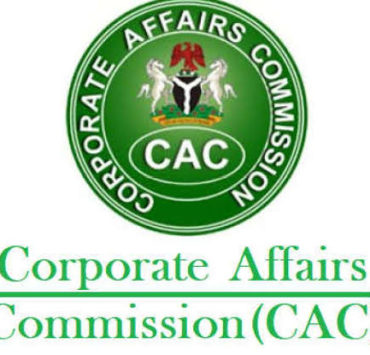Gov. Wike Assents To Two Bills Into Law

Governor Nyesom Ezenwo Wike of Rivers State, has signed into law two bills recently passed by the Rivers State House of Assembly.
The two bills are Rivers State Judicial Institute Law No. 8 of 202, and the Rivers State Housing Scheme for Judicial Officers Law, No. 10 of 2021.
Speaking on Tuesday during the signing at the Government House in Port Harcourt, Governor Wike said the provision of personal homes to judicial officers of Rivers’ extraction will serve as good motivation to resist enticements of all forms capable of compromising the rectitude of their judicial functions.
The governor stated that the law would promote judicial independence and reduce all forms of corruption among judicial officers.
He said, “The second bill which I’ve assented to, has to do with the housing scheme. This is where I think, when we talk about autonomy, this is the main autonomy the judiciary should be talking about.
“And in carrying out judicial functions, one thing that gives people hope is shelter. Part of the reasons why people are corrupt is that they don’t have the opportunity to own a house where they can put their heads at the end of the day, at retirement.
“So, for us as a government, we believe that one of the things that we do to stop corruption is to allow them to have their own house.
“I don’t want to see any Rivers judicial officer working in the Federal High Court, Industrial Court, Appeal Court or Supreme Court, indicted for corruption. I don’t want to see that happen to Rivers indigenes.
“Government must, from the day of appointment, and on retirement, ensure they have their homes. If they say they don’t want to, then the government can pay them the due financial equivalent in lieu. But it is our own responsibility to do so.”
Wike explained that all judicial officers of Rivers origin serving in the state and federal judicial system are entitled to benefit from the accommodation that should be provided.
The governor said, “The initiative is novel and different from what Lagos State had done that only catered for their judges serving within the state and not extended to the federal judicial system.
“It’s one profession that the moment you’re retired, there’s nothing you can do about the practice of law. If a medical doctor retires from civil service, the medical doctor can go into private practice and own his or her own hospital.
“But as a retired judge, you’re not allowed by law to practice again after service. So, it is not only for judicial officers who are working in Rivers State but judicial officers who are from Rivers State and also working at the federal courts.
“Wherever you are doing your work, you have no reason to complain because you have a home at the end of the day. So, why will anybody come to entice you for anything? And since it is not provided in the federal scheme of work, we have to care for our own people whether working here or outside.”
Speaking about the Rivers State Judicial Institute Law No. 8 of 2021, Wike explained that the efforts are geared to support the National Judicial Council (NJC) through the National Judicial Institute (NJI) saddled with the responsibility of training judicial officers and other judiciary staff.
The governor said, “The Rivers State government will, by the law, see to it that, at least twice in a year, judges, magistrates and other judiciary staff access training that will acquaint them with the tools of their jobs.”
Lawyard is a legal media and services platform that provides enlightenment and access to legal services to members of the public (individuals and businesses) while also availing lawyers of needed information on new trends and resources in various areas of legal practice.













